[ad_1]
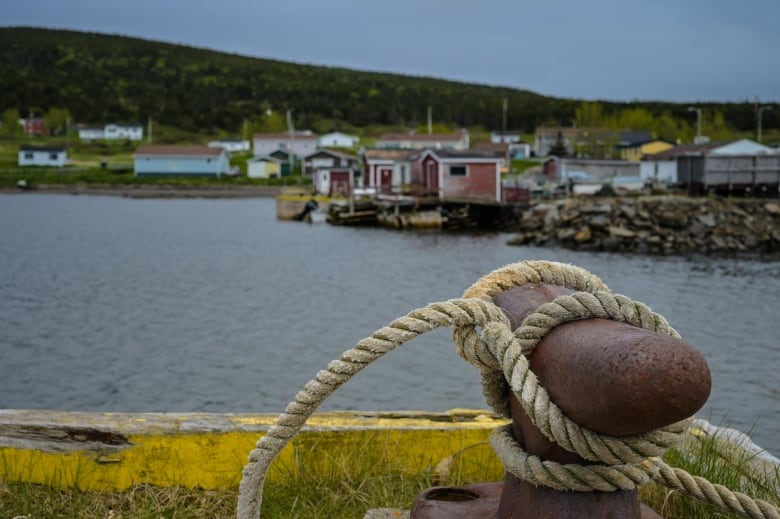
The catch seemed to be endless when Jerome and Frank Kearney started fishing in their teens in the 1960s.
The brothers made a good living on the cod and salmon stocks that the eastern side of Newfoundland’s Northern Peninsula afforded them.
It was that way for years.
Even into the early 1990s, Conche had it all: a bustling community, a school that saw no fewer than 120 students, a busy fish plant, a strong sense of self — and a pride as palpable as the salt air.
Now retired from the fishery, the Kearneys have seen their community transform, and the resilient people who stuck around, continue to carve out their own existence, 30 years removed from one of the greatest pivots in Newfoundland and Labrador’s history.
In July 1992, the community changed forever.
“We were sitting down at home the night that Mr. [John] Crosbie announced it,” said Jerome Kearney. Even though he had seen depleted stocks with his own eyes, the closure itself caught him off guard.
“No warning, no nothing. And we just had all our traps fixed up for that summer. So much more money spent and never even took it out of the shed. And that’s all we had.”
After the moratorium took effect, people began to leave.
And that continued for years.
Shipping out or staying put
Most of the workforce began to leave Conche after the moratorium. Many went west to the Alberta oilsands, while others found work in Ontario.
In all, about 300 people left Conche over the years — or about two-thirds of what the community used to be. Now only about 150 people remain.
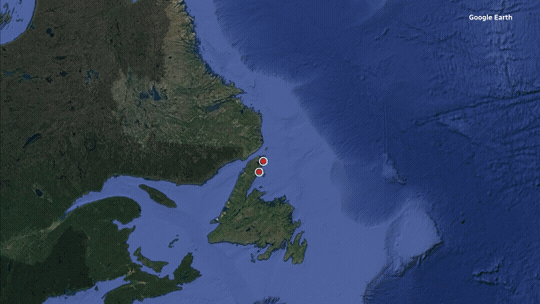
For the Kearney brothers, the fishery continued to call, and they stuck with it, determined to make a living.
They started to fish crab, but in order to do that, a bigger boat and more gear was needed. Then they moved to shrimp — requiring, again, a bigger boat. But vessel size wasn’t the only problem.
When they first started with crab, a licence carried a quota of 120,000 pounds, they said. But it quickly dropped to 40,000. They said the shrimp did the same, going from 520,000 pounds to 80,000.
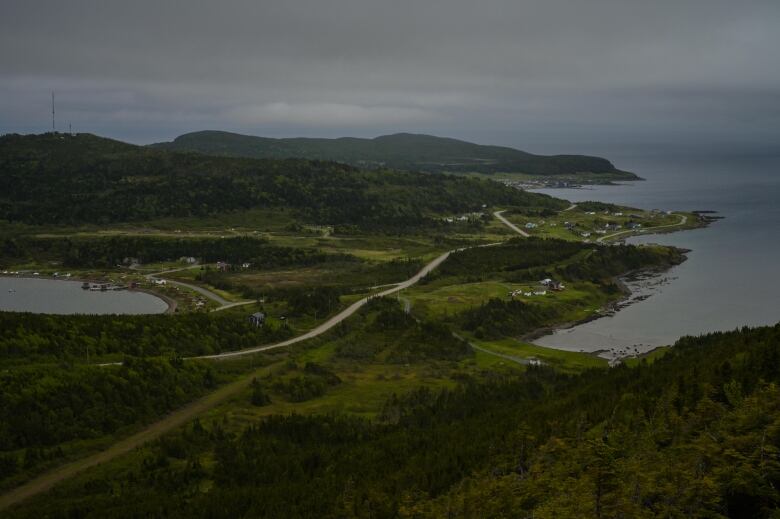
“When the codfish was on the go, it seems like it was a place where everybody one was making a half-decent living at it, with the cod and the salmon and that,” Jerome Kearney said.
“But when things started to go down, then everybody was losing out.”
Keeping stories alive
Watching people leave her community was hard for Joan Simmonds. She grew up in Conche, never had intentions to leave, and felt first-hand what it was like to lose a piece of her home.
“All our young families were leaving and then a lot of the seniors were dying,” Simmonds said. “And there was a concern that our history was going to be gone. And so a group of us got together and formed a French Shore historical society.”
Through their research and record-keeping, they kept the stories of Conche alive and eventually found a physical home for them in the new French Shore Interpretation Centre.
“You know, it all goes back to the cod moratorium and the people who stayed and were willing to fight for what we have. And, you know, hopefully we have succeeded,” Simmonds said.
“I really don’t think it was just because that need was there, that it was a need borne out of fear, fear that it was going to all go. And I don’t think the historical society or the French Shore Interpretation Centre would have come if [the moratorium] had not happened to us.”
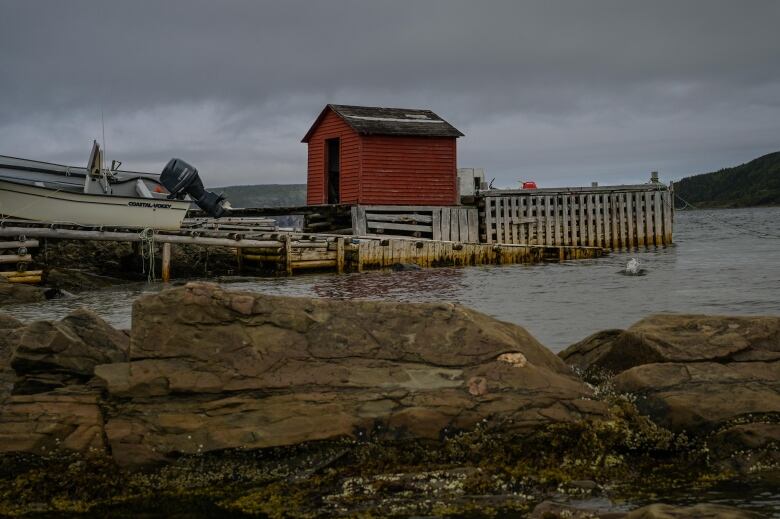
A breeze of change
Lately, there’s been a new breeze blowing the air of the French Shore. The secrets of the area have found their way to a larger audience, and visitors are discovering Conche, which is a 145-kilometre drive from St. Anthony, the regional hub at the top of the Northern Peninsula.
Given the natural beauty, people like Frank Kearney are not surprised.
We’re not ones to accept our fate. So it’s really a fight for survival.– Toni Kearney
“We got we got a good many tourists coming in,” he said.
“Since pavement came through [last year] now it’s better. You’ve got icebergs here, you’ve cod jigging here, you’ve got hiking here and they take people around like Toni [Kearney] do. There’s a lot to see on the French Shore here, so that’s good. And we got work in the fish plant here. That’s good too.”
Toni Kearney, his grandniece, is a resident of Conche for half the year, spending her winters in Australia, where she owns a marketing company.
Two years ago, she started the social enterprise Moratorium Children, a private travel experience that immerses guests in the culture of the region while promoting rejuvenation and relaxation.
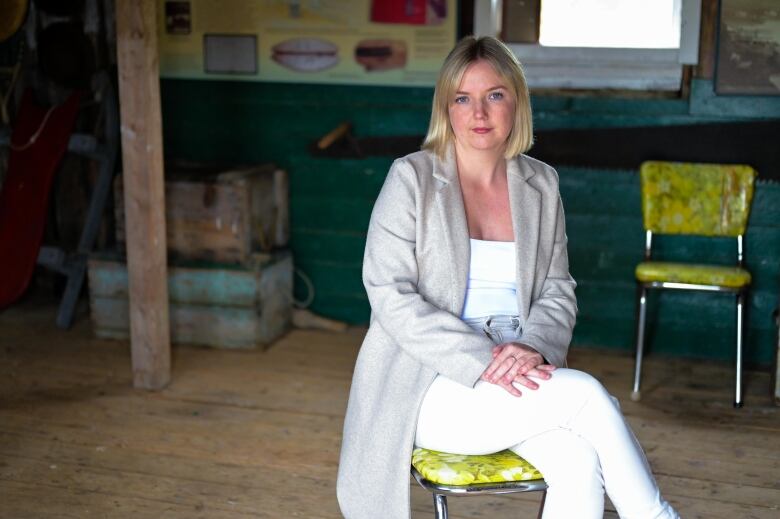
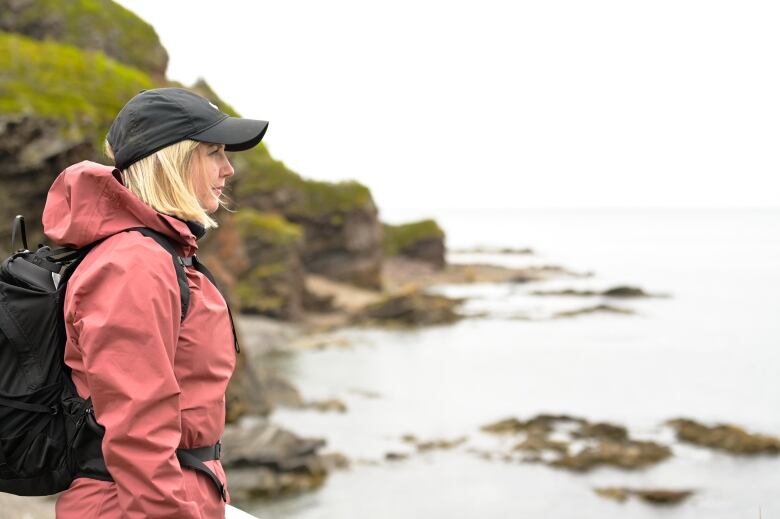
Toni Kearney was inspired after seeing what Zita Cobb and the Shorefast Foundation have done to revitalize Fogo Island, where the Fogo Island Inn has carved out an international reputation.
“Growing up in the period after the moratorium and learning as I got a bit older and did my own research, and was very interested in the history of the moratorium and how it really shaped outport Newfoundland,” she said.
“So I wanted to tie that all together in an experience that people from all over the world could appreciate and enjoy and really feel like they’re a part of the place here.”
Toni Kearney partners with local Airbnb owners and hires local people where possible to enrich the experience for visitors.
Lightness out of darkness
She also acknowledges the word “moratorium” itself carries a lot of weight.
“The word … definitely carries a bit of darkness to it,” she said.
“What we really try to do at Moratorium Children is use the word in a bit more of a positive way because every ending is a new beginning,” she said.
While the moratorium affected many rural communities like Conche, she said, “there is a resilience that’s found [here] and it’s found in all of Newfoundland’s history, that we managed to push through. We’re not ones to accept our fate. So it’s really a fight for survival.”
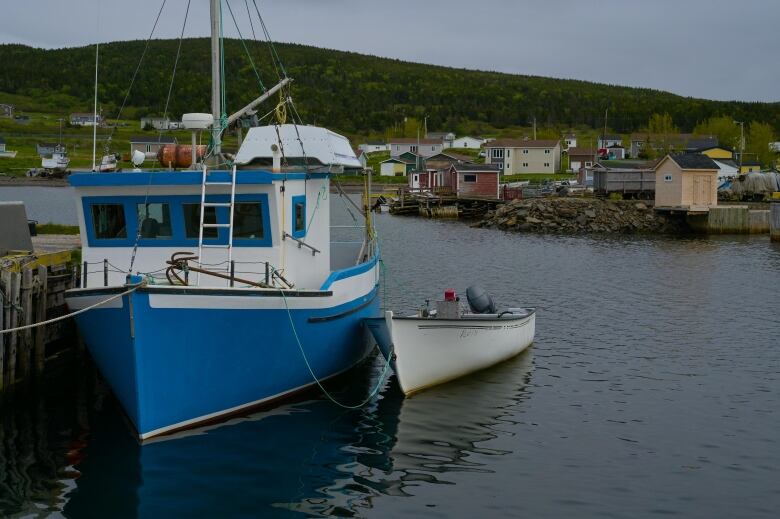
That spirit and determination runs deep. And, if the past two years has shown Toni Kearney anything, it’s that rural Newfoundland is an experience like no other.
“There is a gradual shift of people starting to really appreciate what we have here, especially with all the chaos in the world,” she said.
“It’s just such a beautiful retreat to be able to be from a place like this and come back to it, or to own property here or to have stumbled upon it in your travels,” she said.
“It’s a community built by hard-working people who have fought to live here and where we have really proud people as well.”
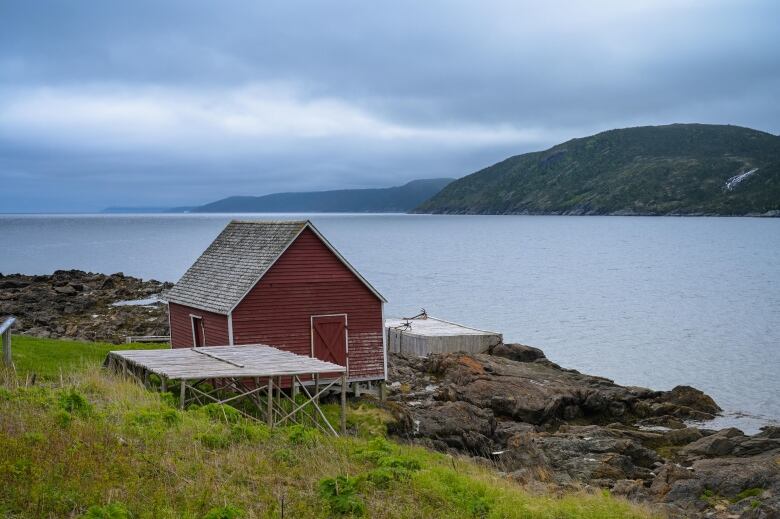
[ad_2]

